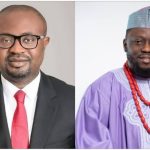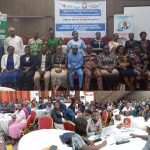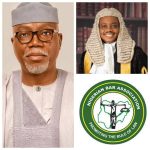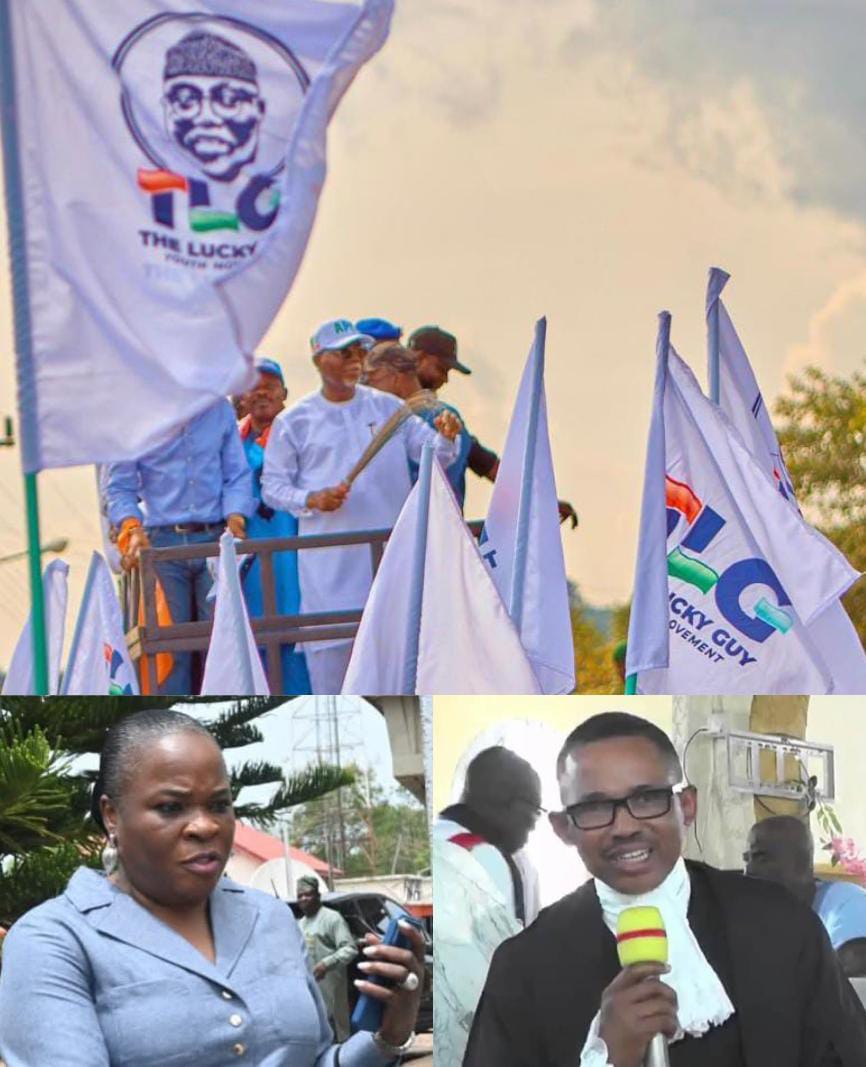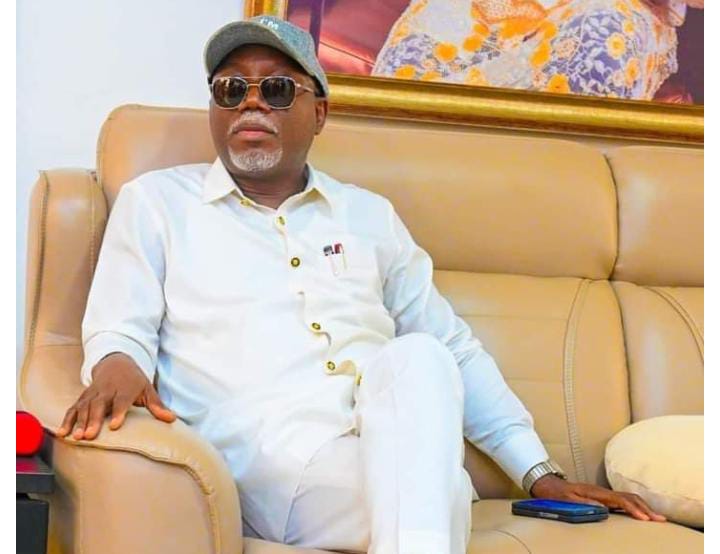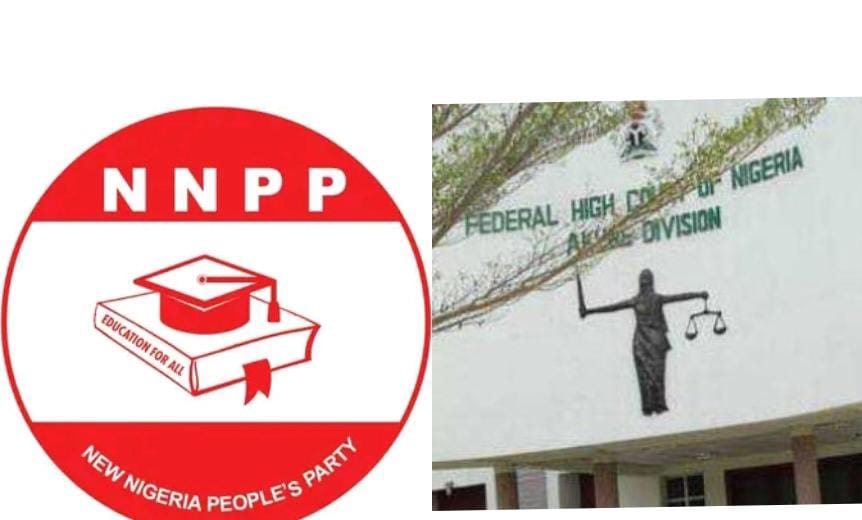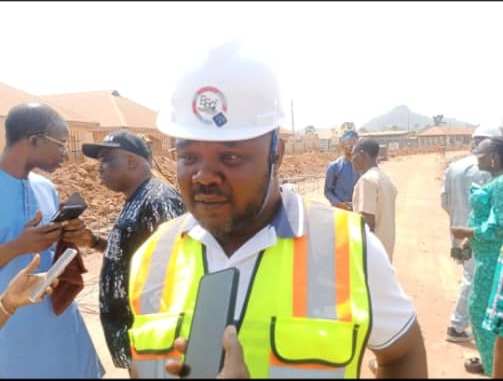By: Debo Akinbami

I have honest fears for my State, our dear Ondo State, at this time. The fears derive from the shape of its preparations toward electing the person who shall, for another four years, be in charge of the corporate destiny and common wealth. The fears are founded and they relate to the quality of issues in transaction within the public space, and, of course, the depth of arguments they sprout.
Periodic election gives the opportunity to choose or replace a leader depending on the quality of performance – one of the merits democracy adorns a people with, which is why critical issues are typically thrown up for debate at elections in order to critique or deepen ideas on contemporary issues. Ideas are therefore subjected to public debates so that the best, under the circumstance, emerges in the interest of the state.
Like the country that harbours it, all is not well with Ondo State; at least for now. We should not pretend otherwise. And any person who suggests a contrary supposition is either being willfully dishonest or simply out of touch with the realities of this time. Not a few things are wrong. For too long, we have bore the badge of being a civil service state- a ridiculous euphemism for being economically regressive. And, as of today, the state’s economy freely nosedives with no ready remedy in sight.
Apart from her debt index, our State indulges the perpetual paradox of being poor in affluence. We are abundantly endowed but trudges under the weight of want. Our roads are largely bad in spite of the fact that we have the basic ingredients required for burnished lanes. The condition of our health sector is not something to be proud of; our justice systems requires radical overhaul and the educational institutions suffer at the hands of fiscal straits, wrong governmental priorities and unnecessary political interference.
It is worse for the southern belt whose turn the people believe it is to produce a governor for the state after the central and northern sections have respectively served their terms. In few years from now, the residents of the south would resentfully commemorate two decades of darkness as a result of a protracted disconnect from the national electricity
grid. These indices do not portray the state as serious enough for growth and ready for rising.
To this extent, it is expected that debates rise beyond the jejune and be enriched with queries as to what ideas each aspirer holds for remedying sundry hitches; it is expected that citizens engage in themes of corporate gains, and not the mundane topics that regrettably seem to be gaining higher volume. Even where it is argued that such inanities punctuate our brand of politics, common sense should stress the need to be responsible enough to draw the line, lest we get distracted by run-of-the-mill.
It is understandable, however, that those who are bereft of tangible ideas would rather promote ordinary conversations and play up trivial themes in attempt to draw away public attention from significant issues; and that I believe is the case with those censuring the man who answers the noun Olusola Oke, SAN, a household name and forefront gubernatorial aspirant, being cheaply pilloried by detractors for marrying from the Igbo tribe.
Oke’s traducers premised their reproval
on the argument that a former first lady in the State, who hails from Igbo land, was frontally expressive and overtly renitent; and that if Oke, who, unbeknown to many is a polygamist with a Yoruba woman – as first wife – should become the governor, his Igbo wife, for whatever reason (s) may emerge as first lady and become likewise frontal.
Facile as this argument tastes, I hold the view that the sort could not have emerged from trained minds; and it should not have been traceable to Ondo State – a space putatively noted for exceeding civility and education. Such an argument, to all intents and purposes, is superficial, and I am afraid it gives a people out as discriminatory, intolerant and backward; moreso that the critics present no faut whatsoever against his Igbo wife but mere assumptions that have no place in logic.
Meanwhile, Oke has not said who, between the two, will wear the tag of a first lady. Between here and there, there are hurdles to scale. It may be argued that judging a man on the basis of how well he governs his home is important for drawing certain inferences in relation to his capacity to manage a bigger space, the choice of who and where he marries or the number of woman he picks for himself should be his own funeral, except where people choose to needlessly meddle as Oke’s denigrators are striving hard to do.
When sieved by sound reasoning, few important deductions could be made from the discourse ostensibly meant to box Oke into a corner through the politicisation of his marriage. One, the argument suggests a subtle admission of the fact that Olusola Oke, SAN, is a popular aspirant whose chances of bearing his party’s flag and winning the general election is reasonably high. Two, it exposes the ignorance of his detractors about the fact that he married from both Igbo and Yoruba tribes. Three, it speaks of the proclivity of a crude few to make hasty judgements.
In Oke, we should rather check for the relevant prerequisites and wherewithal, since the bulk stops at his desk. Is he mentally stable, experienced and emotionally intelligent enough to lead? Is he popular enough and acceptable to the majority to be able to win election? Has he the capability to manage the party, unite its parts and deliver dividends across board? Has he the right academic qualifications as required by the law? Is he public spirited enough to identify and address the people’s cravings for growth development? If Oke is highly scored on these fronts, then the subterfuge called ‘Igbo wife’ is, at best, a mere political ploy that won’t stop him.
***Debo Akinbami writes from IgboEgunrin, Ondo State.


